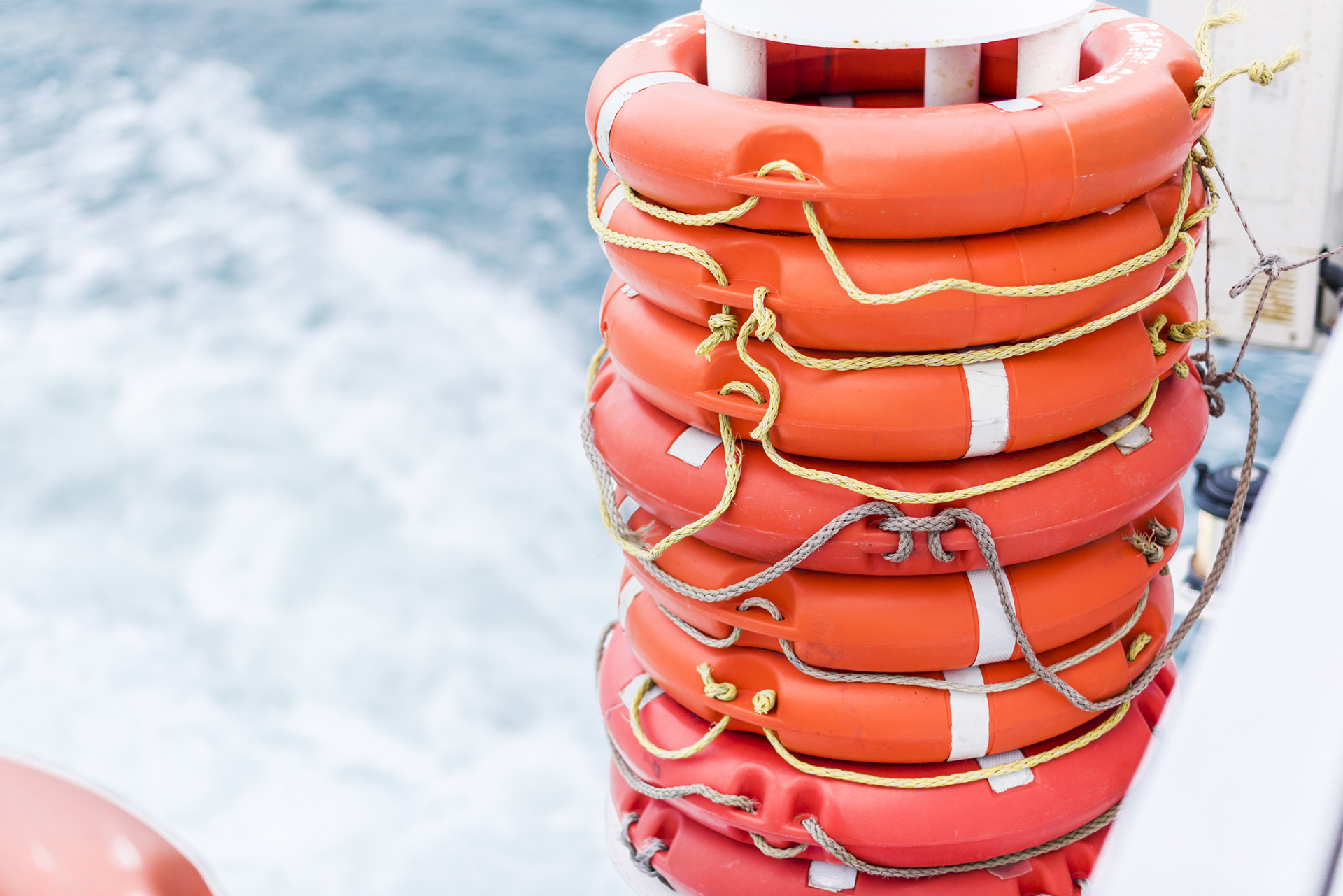Boat Safety, Essential Tips

Ahoy there, new captains! Since another boating season is already here on the East End, Vincent Mauceri of the Peconic Power Bay Squadron is holding a boater’s safety and handling course for all those with to figure out the top 10 ways to stay safe on the seas this summer.
New York is considering a bill that will require all boaters to be licensed, so it’s essential to take a class in boat safety. While those over 24 years of age can still legally operate a boat without garnering a boating safety certificate for now, that doesn’t make it a great idea.
“One of the biggest problems we face in the marine environment is people who don’t know what they’re doing,” said Mauceri. “The power squadron was founded on teaching people to boat safely, and the best way to stay safe is to take the eight-hour course and pass the exam with at least an 80.” The next America’s Boating Course takes place Saturdays, June 8 and 15, at the Port of Egypt
Marina in Southold.
The most important thing one learns during the eight-hour safety course is the rules of the road, so to speak, when on the water. Since there are no stop lights on the seas, each vessel essentially comes equipped with its own on the bow, so deciding the right of way when it comes to two approaching vessels depends largely on the direction from which the boats are traveling. “The way I teach it is in its simplest terms,” explained Mauceri.
“If you’re out there on the water and you see a red light on the port, or left side, of an approaching boat, it’s the same thing as being on road. Stop. Change Direction. You are the burden boat. If you can see a green light, which is the starboard, or right side, it’s just the contrary. You are the privileged boat and are free to go. Presuming, of course, the person operating the other boat understands the rules of the road. And if you’re going to turn or veer, you always want to veer to the starboard side.”
Getting certified is just the first step. Mauceri said what’s as important as learning the rules of the road is getting out on the water to practice them.
Having a personal flotation device for every person on board — and making all children under 12 wear them when underway — is one of the requirements for legally necessary equipment for one’s boating day, according to Mauceri, who can’t believe items like a VHF radio or an anchor are not on that list. Although not required by law, a radio is one of the most important pieces of equipment you can have on board. Distress calls can be made to the Coast Guard on Channels 16 and 9.
Watching the fuel levels is sometimes forgotten by novices, according to Mauceri. “Plan to use one-third of your fuel going out, one-third of your fuel going back, and one-third in reserve, because you never can tell when you’re going to run into a storm and have to take a different way back to port that may be longer.”
Another big mistake is not keeping an eye on the weather. Checking the local weather forecast before leaving the dock and continuing monitoring it from out on the water is essential, Mauceri said.
And then there’s the speed demons. “We reach out and tell people to go slow at the end of every winter because you don’t know what’s going to be floating around in the water or submerged six feet down — a piece of broken piling, a piece of something from the dock, you never know,” said Mauceri, adding that the danger of running aground is one that should slow down all boaters.
“When you’re on the water you have to understand that it’s a dynamic environment,” he said. “It’s constantly changing and you don’t know where that sand bar is going to move to. You don’t know. You can’t tell. Hopefully the buoys will tell you right but the buoys are not necessarily 100 percent right either.”
To register for this course or others hosted by PBPS, visit pbps.us and find the “course schedule” tab on the education page.
Bay because the sand bars had shifted so much, even into the edges of the channel.”
gianna@indyeastend.com



